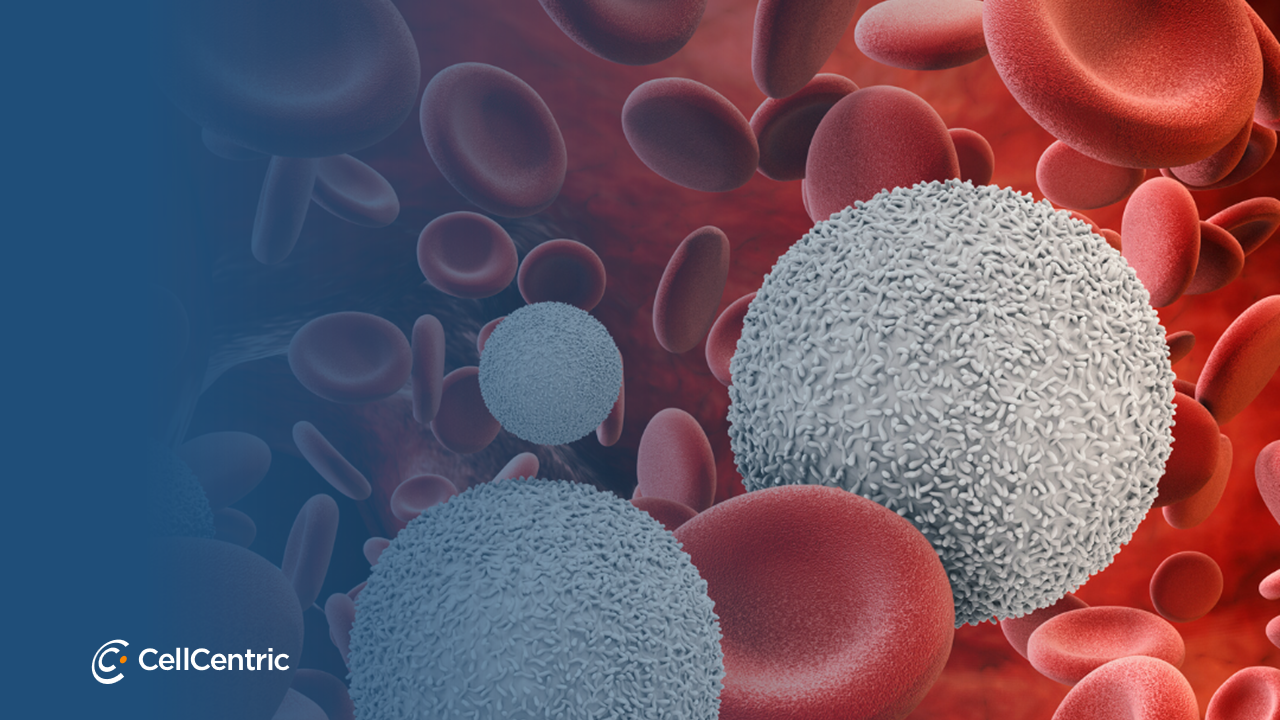Clinical trials
Treating people with cancer in clinical trials
Current clinical trials
Inobrodib has been evaluated in an extensive Phase I campaign, conducted in the UK, EU and USA.
Current Studies
Inobrodib has transitioned from Phase I safety and pharmacokinetic evaluation as a monotherapy, and is currently being evaluated in expansion cohorts, as well as in new drug combinations. The haematological malignancy programme (NCT04068597) is led by Prof Tim Somervaille of the Christie Hospital, Manchester and the solid tumour programme programme (NCT03568656) is led by Prof Johann de Bono at the Royal Marsden Hospital/Institute of Cancer Research, London.
Note for Patients
Potential suitability for enrolment in an inobrodib clinical trial will be made by oncologists at our participating hospitals, and not by CellCentric. Any advice on clinical study options should come from your general practitioner and/or oncologist.
Latest press releases




